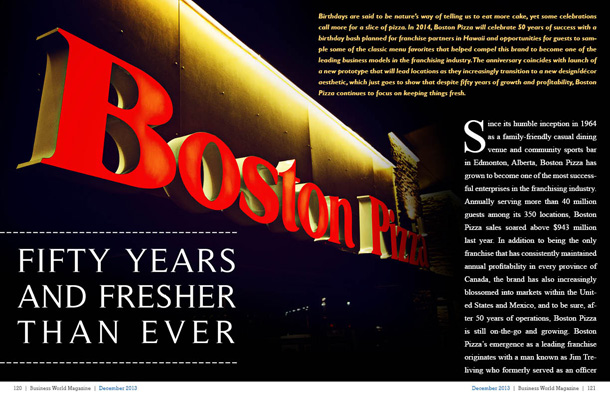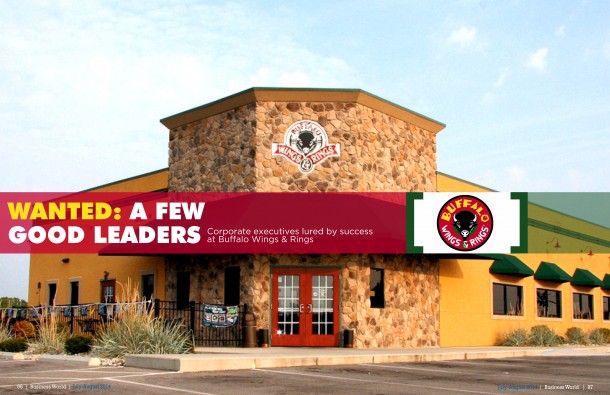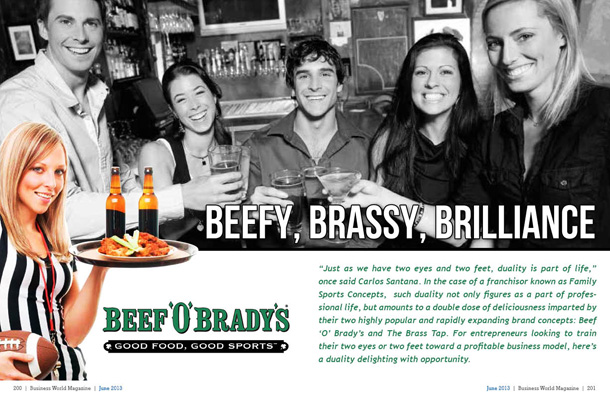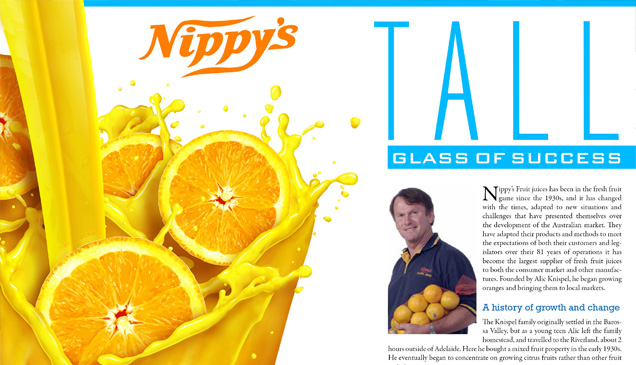
Attention To The Art of Serving
Great things come in small packages, and Noodle Box wants everyone to know that it has never been truer than in their case. The founders of Noodle Box single handily brought the take-away box made famous in US movies and television shows to Australia, and were one of the forerunners in the healthy eating fast-food craze that the world is still experiencing. With all this going for them, they have still continued to be innovative and early adopters in the market.
How it all started
“At the end of 1995, I was living in Copenhagen, I was working but wasn’t earning a whole lot of money. We used to eat a lot of food out of these boxes. I really liked the packaging we got from the markets. So I saw these boxes, and I loved them – remembering them from American TV. We were eating everything out of those boxes – from Chinese food, Indian food, salads to even ice-cream,” says David Milne, one of the co-founders of Noodle Box.
“At the time I was looking for an idea to come back with, and food really interested me, so on my way home I went through the Singapore markets and saw how things work there. I saw the open cooking and how they worked,” says Milne. “With this I put the idea together about the open kitchen and the boxes,” he reminisces. “Within the 2-3 months after getting back I met Josh. He had a similar background as I did, but had worked more closely with food. Both of our backgrounds had been in marketing. So working together we came up with the idea of Noodle Box.”
The rest, as they say, is history. David Milne and Josh James had hit upon something that Australia may not have known that it needed, but was more than ready for: Healthy meals, delivered in a timely fashion and packaged just right. It was a marketer’s dream, and they had hit upon the formula of great packaging, image creation and products all in one fell swoop.
Starting out
“It wasn’t all smooth sailing” says Milne, in fact one of the problems they first hit was that they were so successful so quickly. When they opened their first store on Chapel Street, it was a “tiny little shop”. During the first six months of their operations they ran into a few hurdles. “We would sometimes have to close down and go out to the markets to buy more food. This would happen after almost every lunch and every dinner. It was a bit of a battle then, but we wanted to be on Chapel Street and to get our name out there,” says Milne, and with some humour recounts that they also became somewhat infamous for running out of food right after lunch. They overcame this hurdle by expanding their operations, and by the end of six months had opened up their second store.
They now have 82 locations nationally, but, says Milne, that doesn’t mean they are a chain in a traditional sense. Depending on the markets and the locations that they work in, they sometimes hold different hours and aim to attract completely different types of customers. “We do about 60/40 split on serving. 60 per cent of it is done for dinner 40 per cent lunch,” says Milne noting that this again does not hold true at every location. “One of the first things we did when we got the chain going was to diversify the types of locations that we operated in. We have everything from food court locations to locations on night time strips that service the late night crowd. We made sure we were also situated in locations that served tourists, and business areas where our busiest time of day was going to be lunch.”
They try to bring in all of their goods locally. This is a triple blessing because it allows them to cut down on shipping costs, but reduce their carbon footprint and serve the freshest food possible.
Growing the brand
Their menu reflects their diversity as well as why they have gotten such wide appeal. They began growing the brand when they adopted a franchise model. “Since 2002 we have been opening about 10 stores a year over the last 10 years,” says Milne. “We are a bit taken aback by our success, it is a constant source of surprise for us,” Milne may be the co-founder of a highly successful franchise chain, but he is extremely humble about it. “We are very happy about where we are and excited about how we have grown.”
Building up experience and enthusiasm was one of the best things they were able to do by franchising their brand. “We have a lot of people working with us now who have so much to bring to the table, with this I am very pleased to be operating in this space that we have carved out for ourselves,” says Milne.
” Josh and I are pretty hands on, and our franchisees and our corporate store staff love to see us out and about, it’s a good thing and creates good energy,” and you see what Milne says is true, not only do they get involved with the stores, but they both are actively involved with charity works, and community events.
They have also implemented energy saving and even water saving devices at all of their stores to reduce the impact of their operations. The waterless wok was introduced into their operations as a way of directly responding to Australia’s 11-year water crisis. The waterless wok is in use at all their restaurants. They have continued to grow during one of the worst recessions that the world has ever seen, and they did not ever slow down once while doing it. In fact – all of their expansion happened from what many consider the official beginning of the economic down turn (2002) until the present day. How were David Milne and Josh James able to accomplish this? “We grew the business organically, we never pushed it, and we saw each step as the next logical step. We never marketed heavily to franchisees; they came to us because they liked what we had to offer.”
Noodle Box is setting the foundation for big things, with a new strategic direction and investment in a new, highly credentialed management team. Milne and James appreciate that surrounding themselves with the right people is paramount to driving the business to the next level. This will assist the continued support of franchisees, whose success as small business owners is critical to the overall health of the brand and the bottom line. Further to this, several marketing initiatives will be introduced, including the re-launch of the Noodle Box loyalty programs and in-store promotions to build a rapport with customers. Noodle Box’s investment in infrastructure, training and marketing supports a smooth expansion of the brand in new markets internationally.
Australia seems to like what they have to offer, and it is with this that Milne, James, and the Noodle Box team will continue to build their success on.







